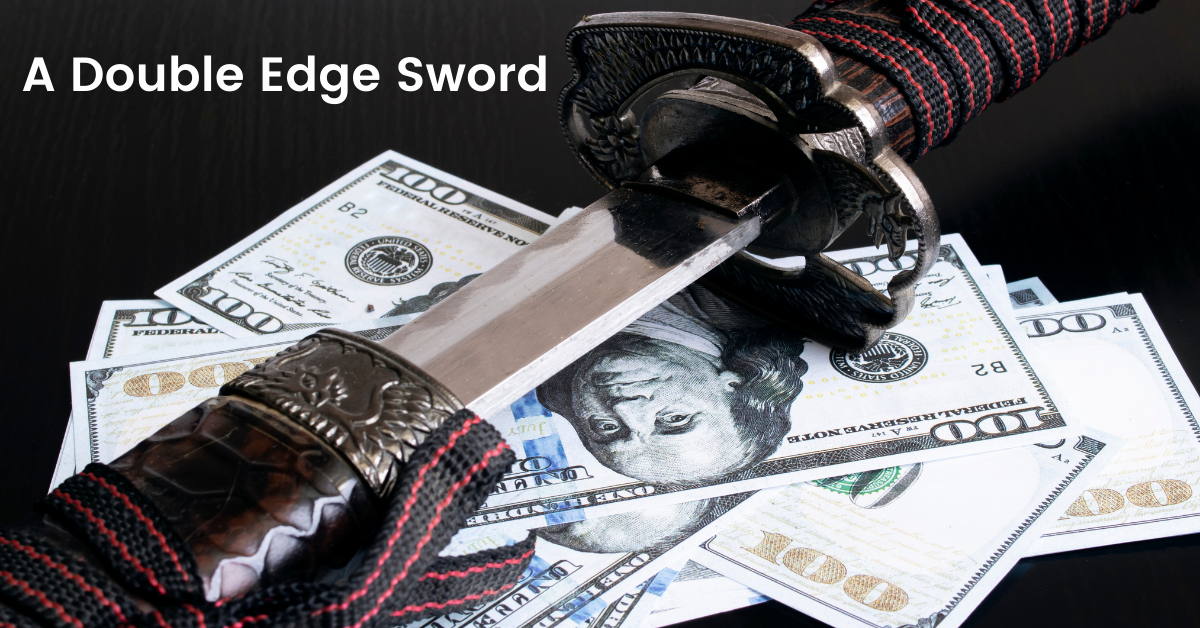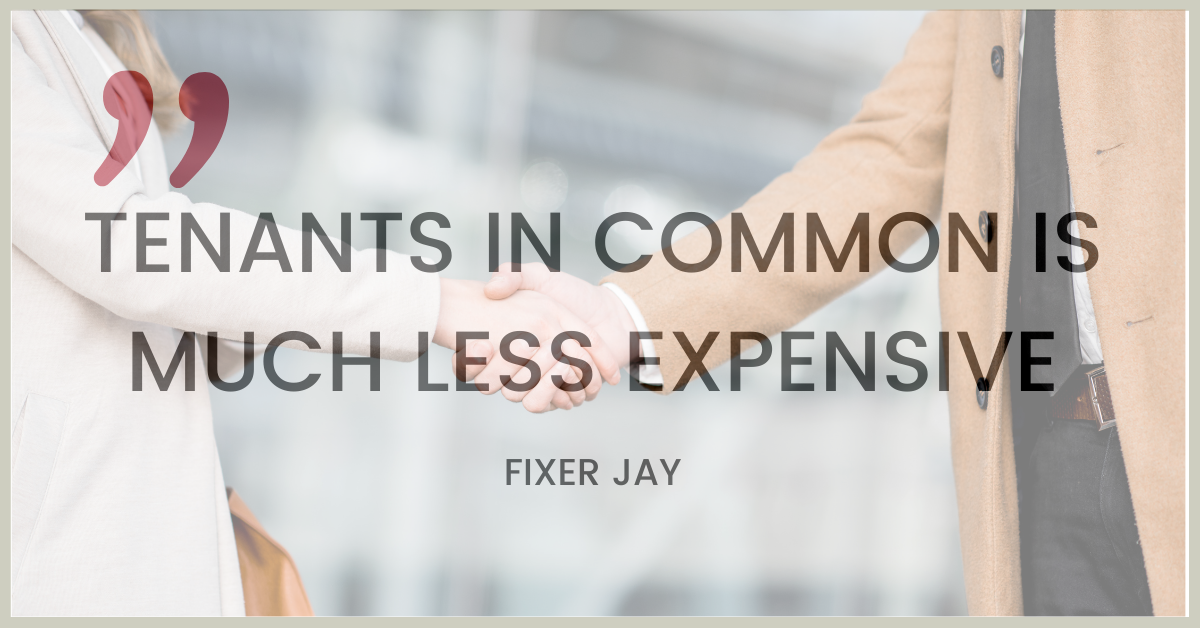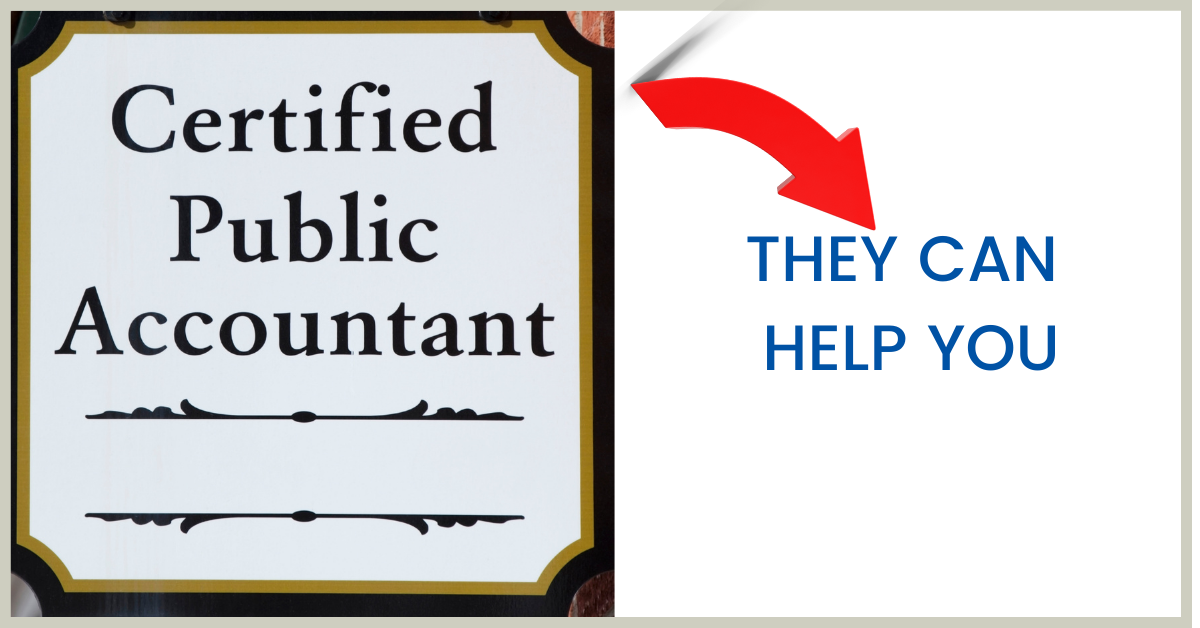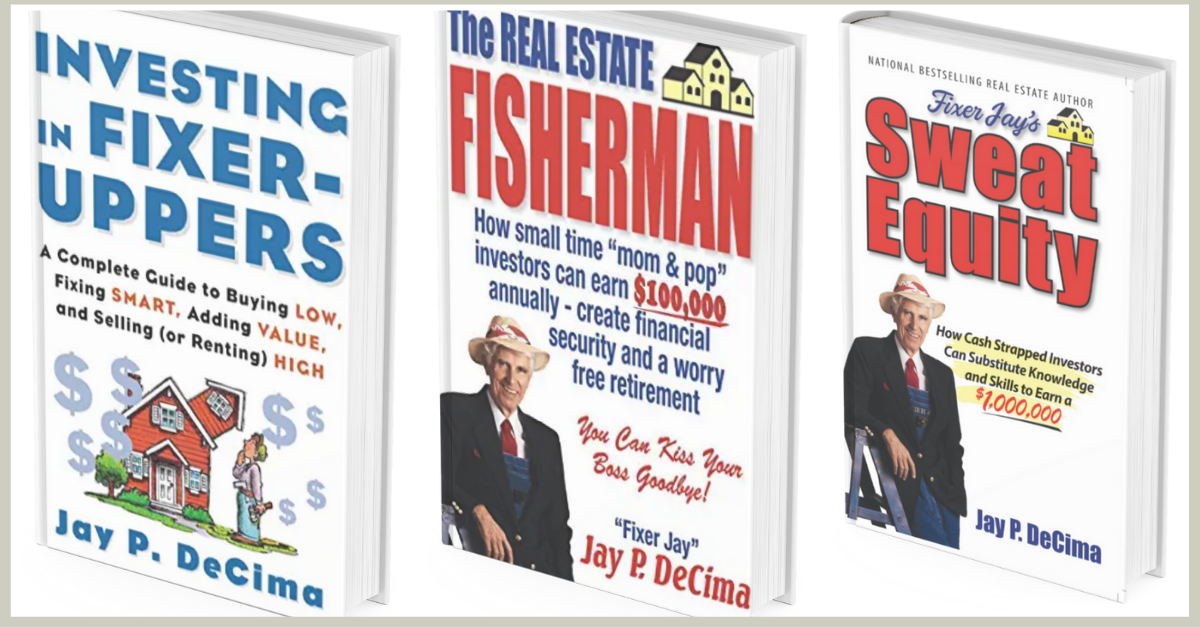Small Partnerships - A Marriage Without Love
There is a good chance I can help you avoid a partnership disaster!
Nothing can catapult your investment career faster than the right investment partner. Nothing can destroy it any faster either.

It’s my feeling that any kind of joint venture or association is much like a double edge sword! Selecting the wrong party can cut your head off, but when it swings in your favor, success can come twice as fast. If I haven’t frightened you away so far, stay with me; there’s a good chance I can help you avoid a partnership disaster!
During my 50 plus years of investing, I’ve had three (3) different partners that have worked very well. Several did not! A couple early attempts failed – mostly because I didn’t know what I needed from a partner or how to find and select a decent prospect! You need to know these things before you even think about investing with someone else.
The number one reason investors think about partnering is because they need money! That was my situation in the early days. I found good deals with high-profit potential, but I lacked the wherewithal (money) to close them. Most small-time Mom & Pop investors who form partnerships generally split everything down the middle.

They each put up the same amount of money! They agree to perform the same amount of work and each partner will have equal say-so (authority) over their joint investment. If you’ve ever worked around people very much, you can almost visualize a disaster in the making! Even matching twins don’t split things equal!
Most Mom & Pop type partnerships are conceived by friends, associates at work, church members and even golfing buddies. They’ve all heard about the big profits to be made investing in real estate. Other than enjoying each other’s companionship, they likely have little else in common. By pooling their money – splitting the costs and agreeing to help each other, they believe they’ve reduced the potential risk.

Unbeknownst to them however, they’ve greatly increased it!
Before I tackle what’s involved and how to minimize the lurking pitfalls – allow me to offer my educated opinion. First, partnerships have a much greater chance of succeeding if you, the instigator, already own several properties by yourself. The experience of ownership will pave the way for attracting the right partner, particularly if your purpose is financial help – meaning; you need money to move forward. You’ll understand why as we go along, but first, you don’t need a partner who does what you do. One partner is enough for that! You need a partner who can contribute what you can’t do. If you’re like me, you need money!
When you are a property owner looking for financial help, you are in a much better position to attract a partner.

I owned several small multiple unit fixer properties all cleaned up and fixed before I started trolling for what I shall call – a money partner. I was the fixer guy so I didn’t need anyone with fix-up skills. I was also the one who could find potential money-making properties, negotiate and acquire them. I had the skills to manage the renters and handle the maintenance and upkeep. All I really needed was someone with money so I could expand my business. In short, I needed a partner who would invest with me because he felt it would be profitable for both of us.
As I’ve already told you, the best time to find a partner or co-investor is after you’ve already established yourself as a successful property owner. In my case, I had already acquired several rundown properties. I had cleaned and fixed them up so that when I found a potential co-investor, I could show him or her what I could do. This is what attracts the type of person who would likely partner with you, particularly when you are looking for money. Nothing is more persuasive than showing off your shiny fixed up property to a potential investor. It proves you have skills.
I have mingled the terms partner and co-investor! It is my recommendation that you start out as co-investors.

Legally this is called investing as “Tenants in Common” and is much less expensive. Co-investors can report their taxes individually on both state and federal tax returns. Partnerships are required to file separate returns, which are much more complicated and require additional information for both state and federal. Obviously more bookkeeping and accounting are required, creating added expenses.
Additionally, formal partnerships are filed with the state and require separate ID numbers, not your social security number. I’ve always felt less risk is involved when my name is not associated with a formal partnership. A co-investor’s agreement should always be prepared to establish terms and responsibilities of each co-investor. The agreement should specify the contributions of each investor, terms of the purchase and how long the investment property will be held. The most important term is how the parties can dissolve the deal in the event things don’t work out as planned. Generally, this is called a termination clause or sometimes a buy-sell agreement.
Although there are many different ways to attract a co-investor, one of the best methods

I have found is to discuss your situation with your own CPA or tax preparer. If you own properties like I’ve suggested above, your tax person will already know something about you and how you operate. He or she likely prepares taxes for dozens of clients – investment-minded clients who could greatly benefit from passive real estate investments. Accountants are able to explain the tax sheltering benefits to clients in high tax brackets. They can simply mention your name as a client who invests in income-producing real estate – pays very little taxes and is looking for passive investors to expand. High tax bracket wage earners are ideal candidates for co-investors.
I have written a great deal about various ways to set up co-investing, specifically looking for what I call “Money Bag Investors”.

My books “INVESTING IN FIXER-UPPERS”, “THE REAL ESTATE FISHERMAN” and “SWEAT EQUITY” all provide comprehensive instructions for setting up various partnership arrangements. They also include my co-investor agreement with 14 terms I consider essential to protect myself. My agreement spells out who is responsible for making important decisions, how the money is spent and who will manage the property. Partnerships without written agreements before starting out almost always end up as disasters – especially for beginners.
I’m a total believer that you should never invest with anyone else unless you are unable to achieve your goals all by yourself. In my particular situation, I was experienced enough to operate properties and handle the tenants, so I didn’t need any help with that part.

What had stymied my growth was a lack of money! I needed a co-investor who could provide what I didn’t have – MONEY - but that’s all I needed! With several successful investments under my belt, I had very little difficulty showing and explaining how acquiring more income properties (bigger properties) could be quite profitable for co-investors.
A good partnership (co-investor) can make you wealthy faster than you ever dreamed possible – a bad one – well, you already know the answer!

At my Fixer Camps I would always encourage students to stay away from partnering until they were owners and had a little experience. You don’t need a partner because you’re lonely! Two dummies tossing their money in the pot is a recipe for disaster. A small partnership is a lot like a marriage without love. It’s often over and done with before it gets started!
